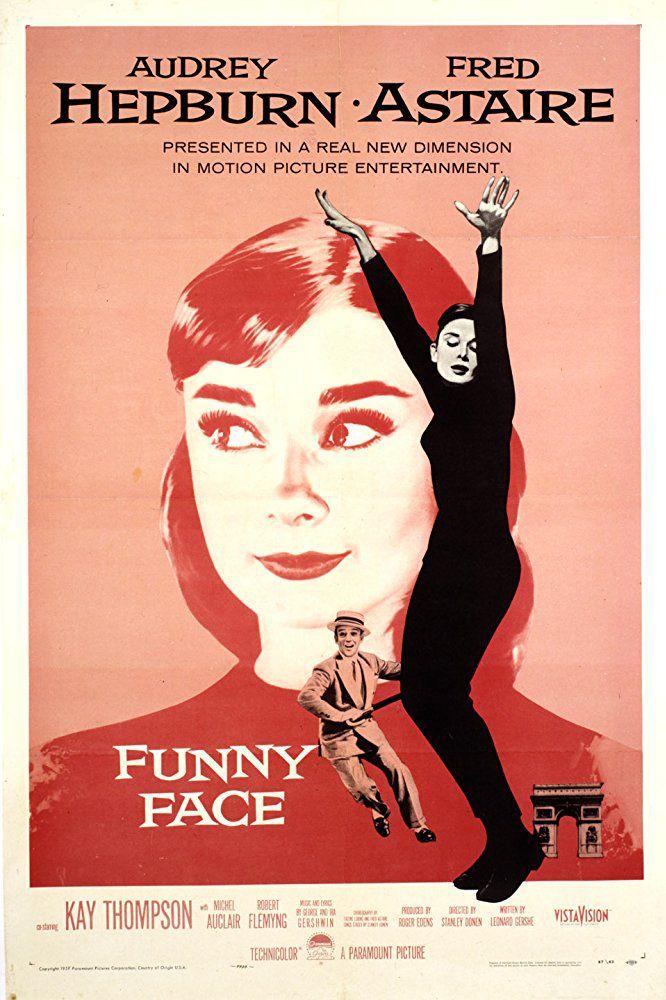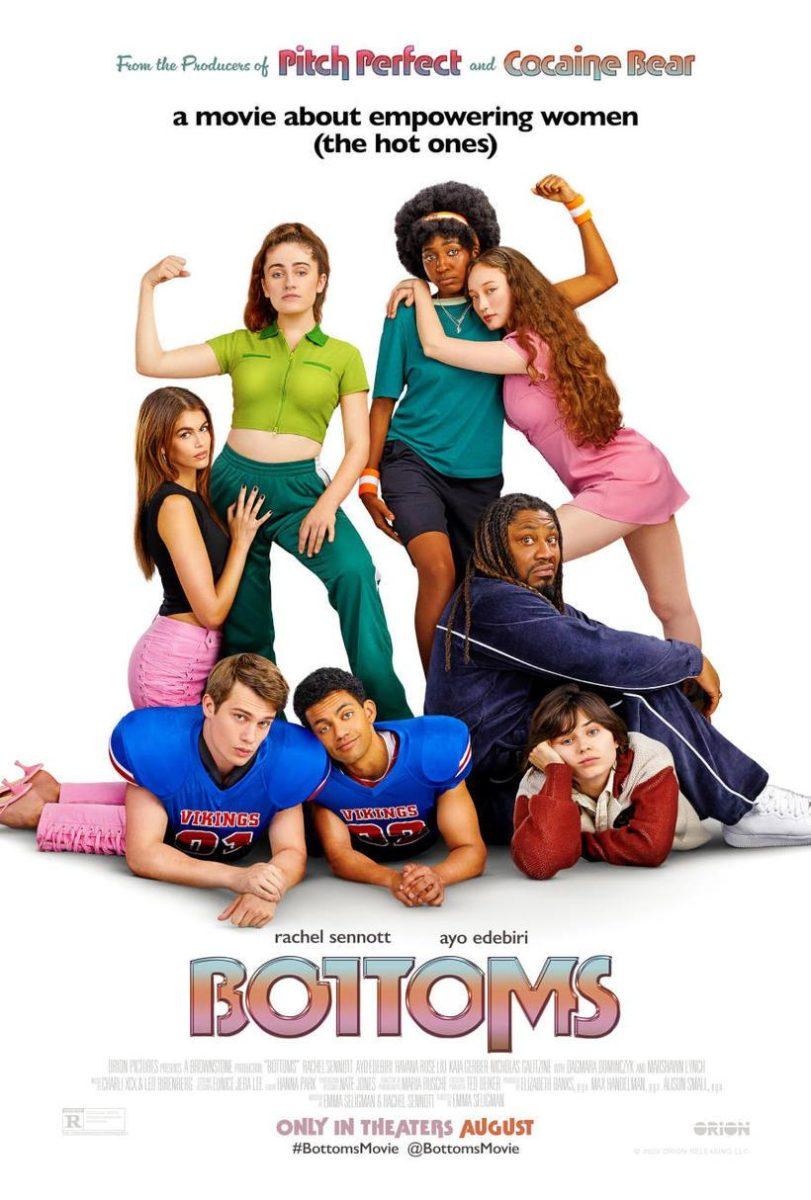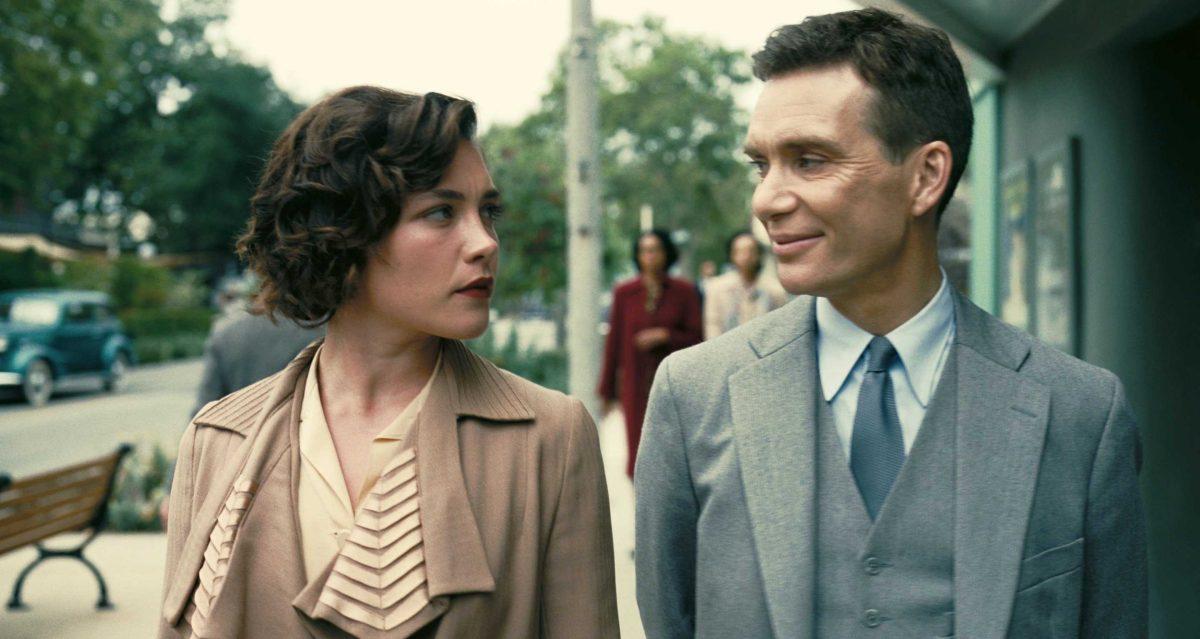Stars: 4/5
I know Valentine’s Day has already gone by, but romantic comedies are not exclusively enjoyed in the beginning of February. The few that showcase strong, smart women are especially important to watch in the social climate we now live in.
In 1957, women were ideally wives and mothers. Those who did work outside of the home were overwhelmingly involved in entry-level positions. Very few were promoted beyond that. The percentage of women who attended college in the ‘50s dropped from the previous decade and about 37 percent of those students left to pursue domestic life. That’s why “Funny Face” is so worthy of study.
Jo Stockton (Audrey Hepburn) is a young, beautiful and strong-willed philosopher working in a Greenwich Village bookstore. When Maggie Prescott, the head of women’s magazine Quality, chooses Jo’s bookstore as a backdrop for a photoshoot, the photographer, Dick Avery (Fred Astaire) takes notice of the “funny faced” Jo. How anyone could think Hepburn is not a classic beauty is beyond me, but that’s the premise of the film.
Stockton is against fashion as an institution, but Avery and Prescott take an interest in her. She resists their attempt to transform her into a model at first, but Avery tells her they will take her to Paris, which is where her favorite philosopher lectures. Stockton submits to Prescott and Avery in order to secure her ticket to Paris, which she insists is not a corruption of her beliefs.
In Paris, Stockton juggles her obligation to Prescott and Avery and her desire to find Flostre and hear him speak. She also finds herself falling for Avery and enjoying the fashion despite her initial repulsion. When she finds Flostre, he turns out not to be the man she thought he would be. In the end, Stockton and Avery end up together and she makes a splash as a new Quality woman.
Stockton is the sparkling jewel of this hilarious, quirky musical. Not only is the film visually stunning, but Hepburn’s performance as the headstrong and deeply intelligent heroine is most memorable. She stands on her own feet without Astaire, something exquisite and rare as a product of the 50s. The film is not a perfect example of feminism by any means and I am not here to say it is. “Funny Face” works as a stepping stone instead.
Stockton shows women it is possible to be smart and independent and, at the same time, be feminine. She has her own ideas about things and uses the system to her advantage. Some people took her move to become a model to go to Paris as a compromise of her morals, but I say different. Strong women know that to get what they want, they need to work for it. I think Stockton had to simply pay her dues and I think she stayed true to herself throughout the film. The only thing she changed was her attitude to fashion and Avery.
Hepburn’s portrayal of a woman who can stand on her own feet in a time where it was unfashionable to think that way is important to remember in the 21st century. Women are still fighting for equality 61 years after “Funny Face” hit theatres. Hepburn helped to pave the way for how far women have come — this is the perfect film to wrap up my Valentine’s Day series.








